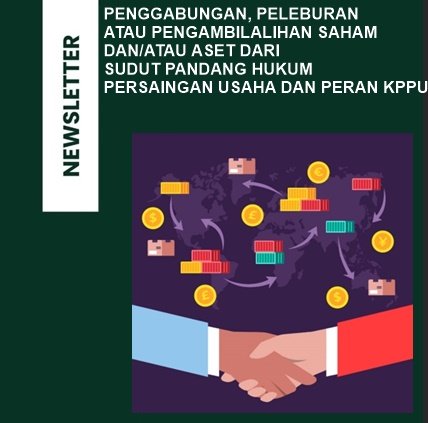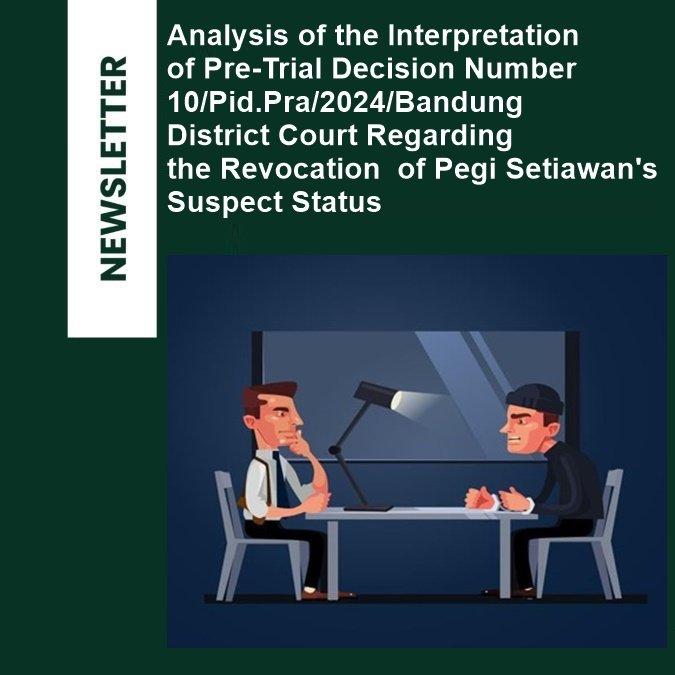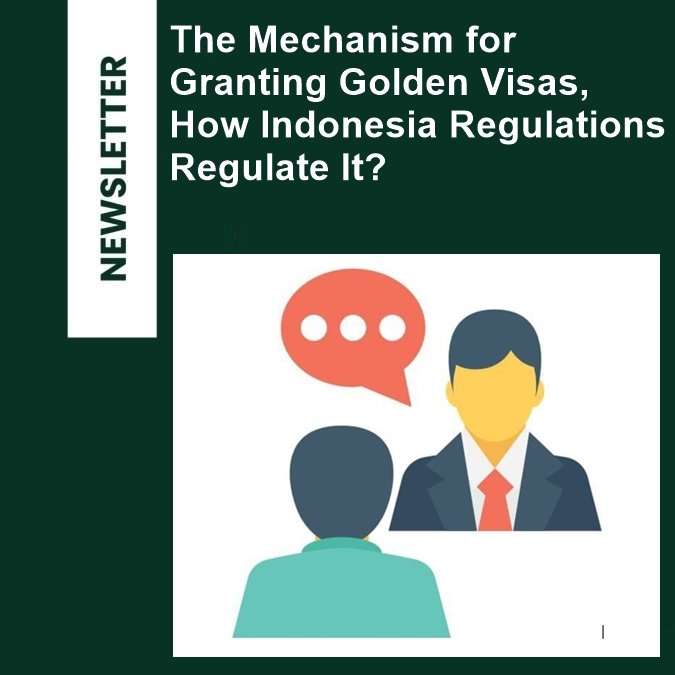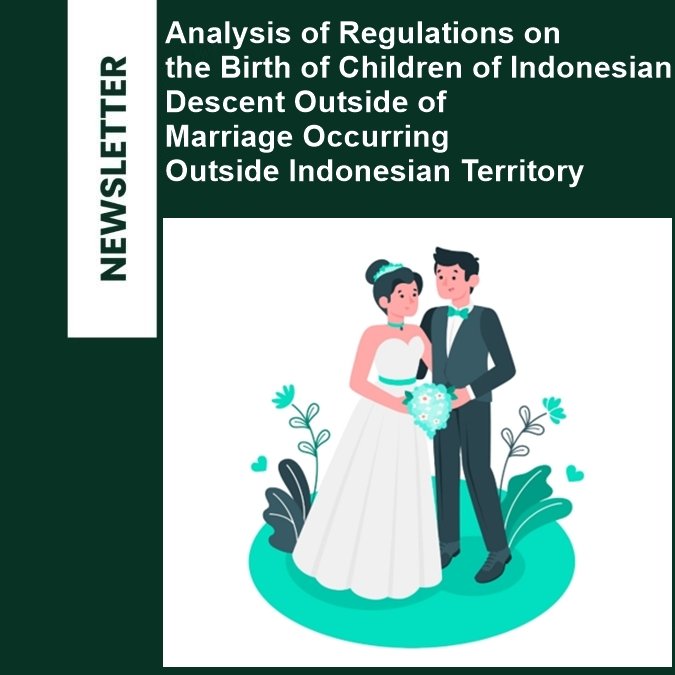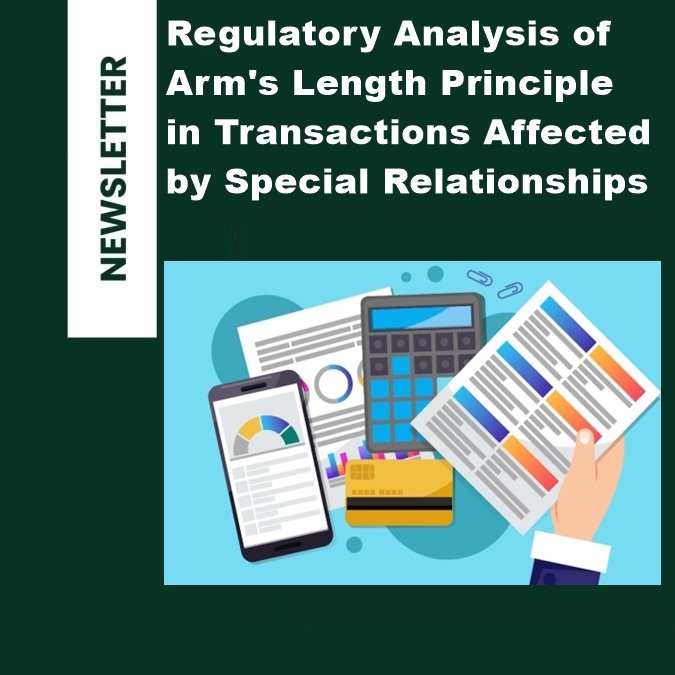Immigration Regulations on the Deportation of Overstay Foreigners
From: A.M Oktarina Counsellors at Law Contributors: Pramudya Yudhatama, S.H., Raysha Alfira, S.H., Khaifa Muna Noer Uh’Dina, S.H., Putri Shaquila, S.H. Reviewer: Noverizky Tri Putra Pasaribu, S.H., L.L.M (Adv). Background Indonesia, especially the island of Bali transformed into one of the favorite tourist destinations of the world community. Many people flock to enjoy the holiday period. Of the many tourists, of course, we cannot “turn a blind eye” to the existence of some unscrupulous tourists who sometimes do not comply with regulations in Indonesia. One of them is due to overstay. Of course, there are various reasons that cause this to happen. But have we ever thought, what is the meaning of overstay? Overstay is the condition of a foreign who is still in Indonesian territory, but the person concerned does not have a valid stay permit. This raises its own problems, and needs the right solution to deal with it. In Indonesian immigration regulations, this has been regulated, related to what matters and the following sanctions related to the deportation mechanism for overstaying. Because nowadays, quite a lot of unscrupulous foreign tourists adorn our social media timelines, and are subject to sanctions, one of that is deportation. Legal Basis Law Number 6 of 2011 on Immigration (“Law 6/2011”) Government Regulation Number 31 of 2013 on Regulations for the Implementation of Law Number 6 of 2011 on Immigration (“PP 31/2013“) Government Regulation Number 48 of 2021 on the Third Amendment to Government Regulation Number 31 of 2013 on Implementing Regulations of Law Number 6 of 2011 on Immigration. (“PP 48/2021“) Government Regulation Number 28 of 2019 on Types and Tariffs of Non-Tax Types of State Revenues that apply to the Ministry of Law and Human Rights (“PP 28/2019“) In Indonesian immigration regulations, foreigners have been regulated by Law 6/2011. This is reflected in the sound of Article 1 number (9) that reads: “ Foreign National means a person who is a non-Indonesian citizen.” Meanwhile, permits related to foreigners residing in Indonesian territory are contained in Article 1 number (18) of PP 48/2021 that reads: “A Stay Permit is a permit granted to a Foreign National by an Immigration Officer or Foreign Service Officer either manually or electronically to be in Indonesian Territory.” The types of stay permits themselves, referring to Article 48 paragraph (3) of Law 6/2011 are divided into several types, namely diplomatic Stay Permit, service Stay Permit, visitor Stay Permit, temporary Stay Permit; and Permanent Stay Permit. In the definition of deportation itself, specifically contained in Article 1 number (36) of Law 6/2011 that reads: “Deportation means an action to forcibly remove a Foreign National from Indonesian Territory.” Please note, before the existence of deportation sanctions, Indonesian immigration regulations are known to take several preventive measures against foreigners who will enter Indonesia. In this case, an example is that immigration officials have the authority to reject foreigners in the event that: “Immigration Officer refuses any Foreign National to enter into Indonesian Territory in the event that the foreign nationals: are included in the Entry Ban list; do not have a legal and valid Travel Document; have a false Immigration document; do not have a Visa, unless those who are exempted from the obligation to have a Visa; provided false statement when applying for a Visa; suffer from a contagious or infectious disease harmful to public health; are involved in any international crime and transnational organized crime; are included in a wanted person list to arrest of a foreign country; are involved in any insurgency against the Government of the Republic of Indonesia; or are affiliated with any network of prostitution, human trafficking, and people smuggling activities or practices.” (Article 13 paragraph (1) Law 6/2011) Then in practice often foreign nationals, such as some examples in Bali, experience overstays. In Article 78 of Law 6/2011 itself, several sanctions mechanisms are regulated imposed on foreigners who experience overstay. “(1) A Foreign National holding a Stay Permit which validity period has expired and still remaining in Indonesian Territory not exceeding 60 (sixty) days from the Stay Permit expiry date is liable to a fine in accordance with the provisions of legislation. (2) The Foreign National who fails to pay fines as referred to in section (1) is subject to Immigration Administrative Action in the form of Deportation and Entry Ban. (3) A Foreign National who holds a Stay Permit which validity period has expired and still remaining in Indonesian Territory exceeding 60 (sixty) days from the Stay Permit expiry date is subject to Immigration Administrative Action in the form of Deportation and Entry Ban.” Continuing this, for foreigners who experience overstay, there are fines and entry ban, other than deportation. The fine mechanism is imposed through the legal basis in Article 5 point (6) PP 28/2019, while for entry ban there is Article 1 point (29) Law 6/2011 that reads: “Entry Ban means a prohibition against a Foreign National from entering Indonesian Territory for Immigration reasons.” So will foreign nationals who overstay be immediately deported in other cases? Of course, this is not the case, considering that before deportation there is a mechanism that needs to be done. One of them is to place the foreigner in an immigration detention room. “(1) The Immigration Officer shall be authorized to place an Foreigners in the Immigration Detention Room if the Foreigner: be in Indonesian Territory without having a valid Stay Permit or having an expired Stay Permit; reside in Indonesian Territory without having a valid Travel Document; subject to Immigration Administrative Action in the form of cancellation of a Stay Permit for committing acts that are contrary to the provisions of laws and regulations or disturbing public security and order; pending the execution of Deportation; or waiting for departure out of Indonesian Territory because of being denied an Entry Certificate. (2) Placement of Foreigners in the Immigration Detention Room as referred
Immigration Regulations on the Deportation of Overstay Foreigners Read More »




